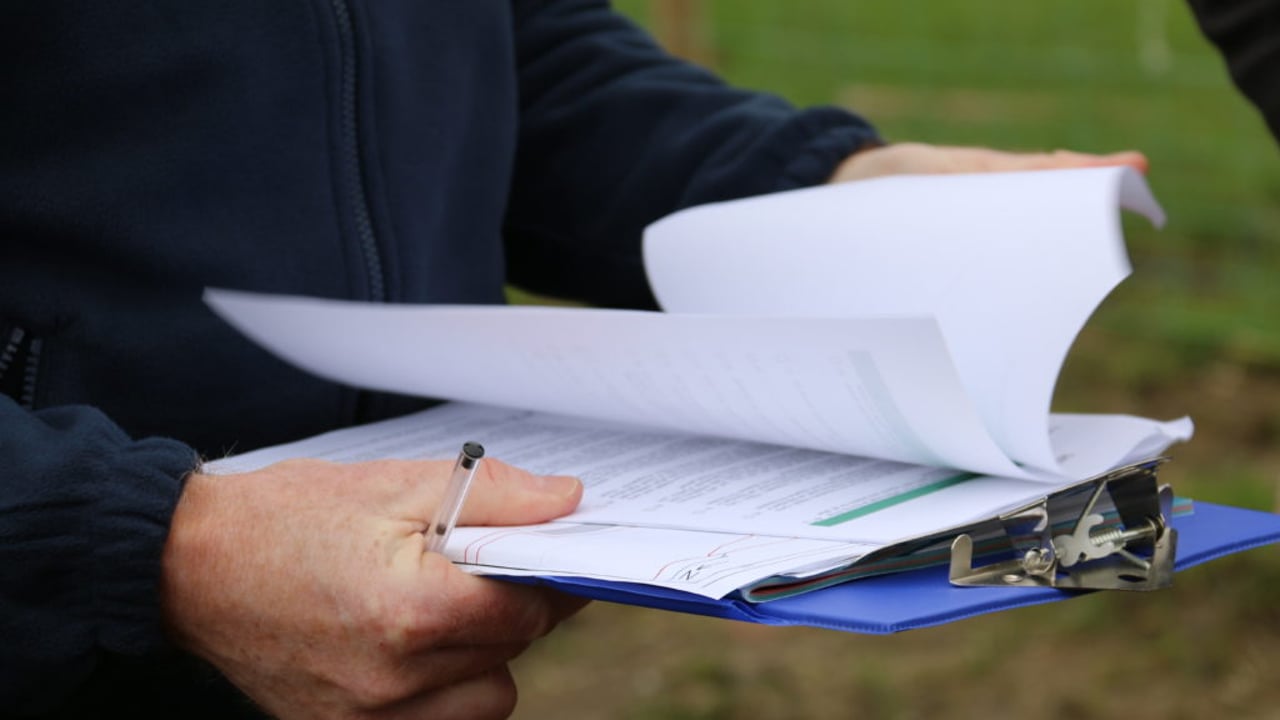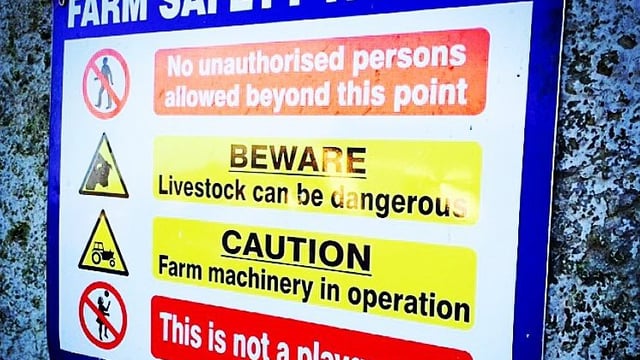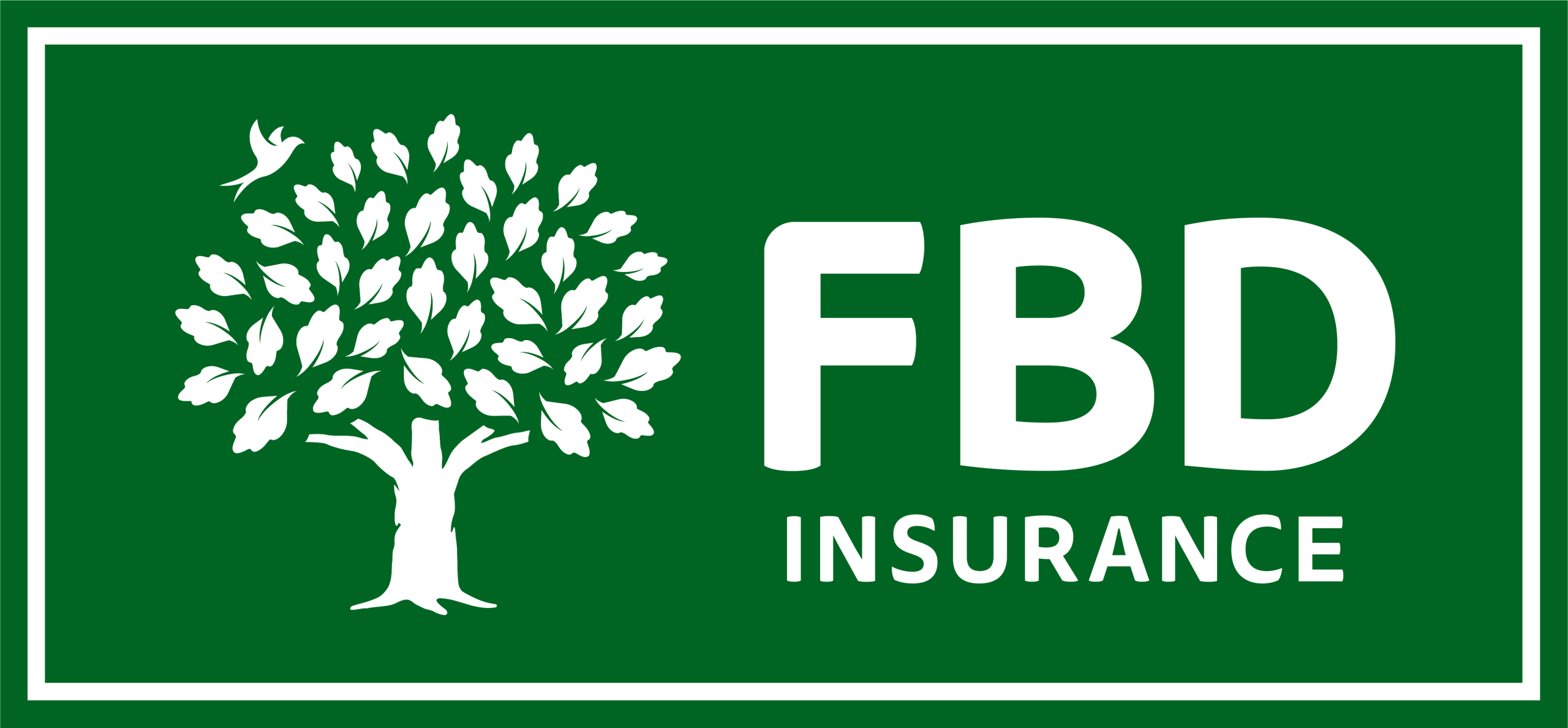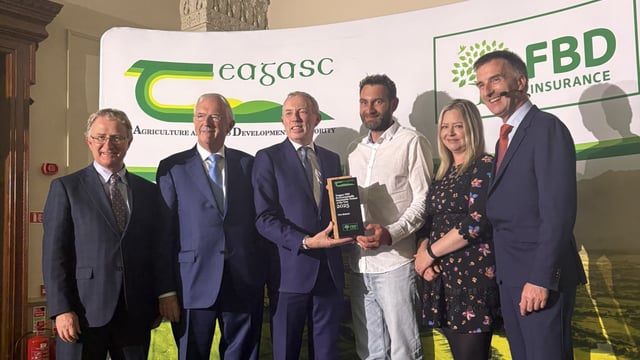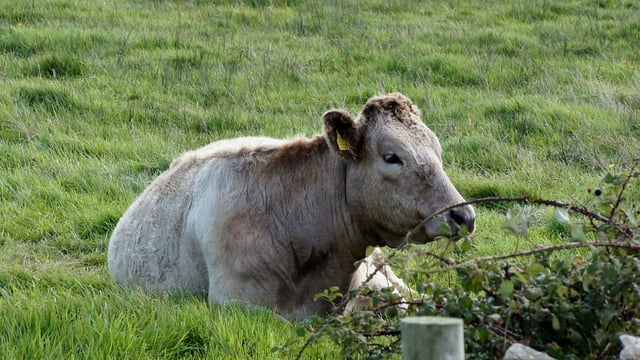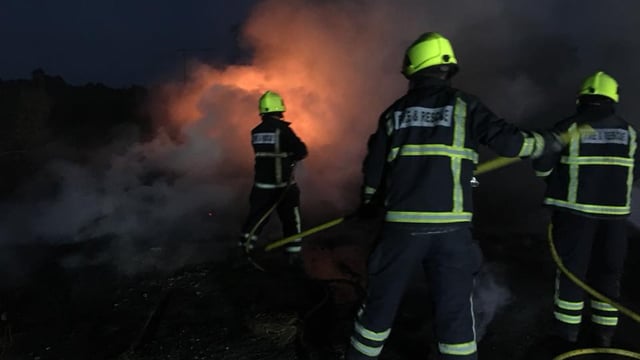NI Minister of Agriculture to review pause on routine inspections
Routine departmental farm inspections could soon resume in Northern Ireland, as the Minister of Agriculture Edwin Poots outlines steps to review the suspension.
Routine farm inspections were suspended in Northern Ireland on March 27. The suspension was initially for four weeks. However, it was later extended as Covid-19 cases continued to rise.
Minister Poots said he will now take steps to review the suspension and warned that several inspections would recommence almost immediately; however, he added that others would continue to be suspended in the interests of public health.
The news comes as the executive moves towards relaxing some of the Covid-19 restrictions and moving Northern Ireland towards recovery.
The Department of Agriculture, Environment and Rural Affairs (DAERA) Minister Edwin Poots said: “The checks and inspections that DAERA undertakes are vital to protect human health, trade, animal welfare, plant health and the environment.
“I want to gradually reintroduce our inspections programme to add to the essential ones that carried on during lockdown.
“My officials have been looking at workarounds and alternative strategies to deliver our services to ensure the safety of both our staff and the public.
My focus remains on supporting business, keeping supply chains operational and ensuring public and animal health is protected along with the environment.
While some inspections will remain paused for a longer period of time, there will be a gradual reintroduction of inspections over the incoming days and weeks.
In addition, the extensive environmental monitoring and surveillance programme undertaken by DAERA will also be gradually run up again.
These programmes provide essential data on terrestrial, freshwater and marine ecosystems along with water and air quality.
Information from these programmes is used to establish the state of the environment, identify potential risks to public health and forms the basis of decisions on authorisations and policy.

